Major uranium producer Uranium One has partnered with distributed ledger technology (DLT) startup Insolar to explore the potential of blockchain in the uranium market, Cointelegraph reported.
The partnership aims to improve uranium production and distribution. Both companies believe that using blockchain technology will make the supply chain more transparent. Uranium One also expects it to enhance the security, compliance, and reliability of the process.
Insolar also told Cointelegraph that the organizations have been discussing about a potential pilot program for the project and they are hoping to launch it later this year. However, it may take over a year for the full launch.
In addition, Insolar projects that its DLT-based platform could reduce the transaction cost by 40% which amounts to billions of dollars annually as well as the cut the turnaround time from months to weeks. Global OTC market trading volume is estimated to be over $380 billion per year and Insolar believed that 3% of that is spent on overhead and other transaction-related costs.
“In trading of over-the-counter commodities such as uranium, the contracts and negotiating process is extremely complex involving at least 6 parties (the miner, the converter, the power generation customer and their respective banks). This means considerable resources to negotiate and sign contracts; Insolar estimates that it could cost up to $50,000 per deal,” Insolar said.
Aside from making the transactions fast and less costly, implementing blockchain in the OTC community can help with the accuracy and completeness of the input data because the sector needs a system that collects transaction data without exposing the details of the transactions.
“In the proposed system, parties interact within the platform to transact securely and seamlessly. Data from the trades is used to set a transparent spot market price and reliable forecasts without revealing the exact figures and sums of particular transactions. Smart contracts are applied to the data in the distributed ledger, improving automation of the deal signing process and guaranteeing that the deal follows the pre-agreed process,” Insolar added.
Meanwhile, although blockchain offers great security it conflicts with privacy. According to Jonathan Levin, co-founder and chief strategy officer of the blockchain analysis company Chainalysis, full transparency is not entirely godsend because blockchain can be used to trace individuals. He explained that “total anonymity and complete transparency are bad” because “complete anonymity opens the door to illicit activity” while “complete transparency means no privacy at all.”





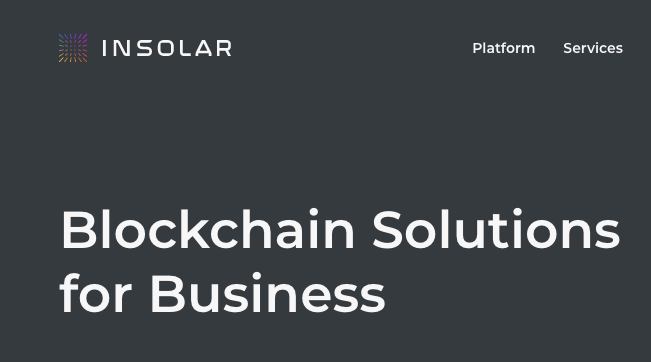

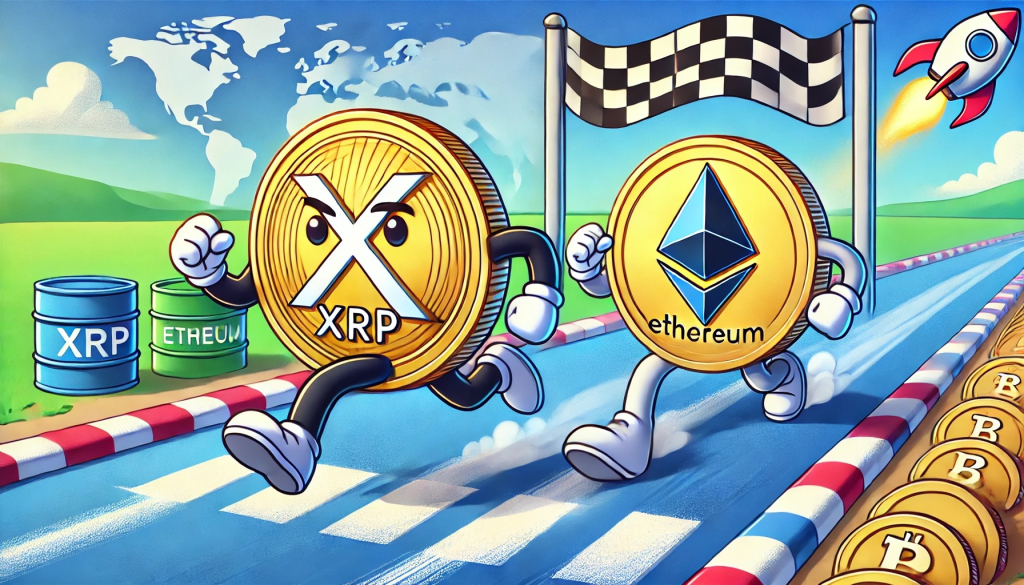

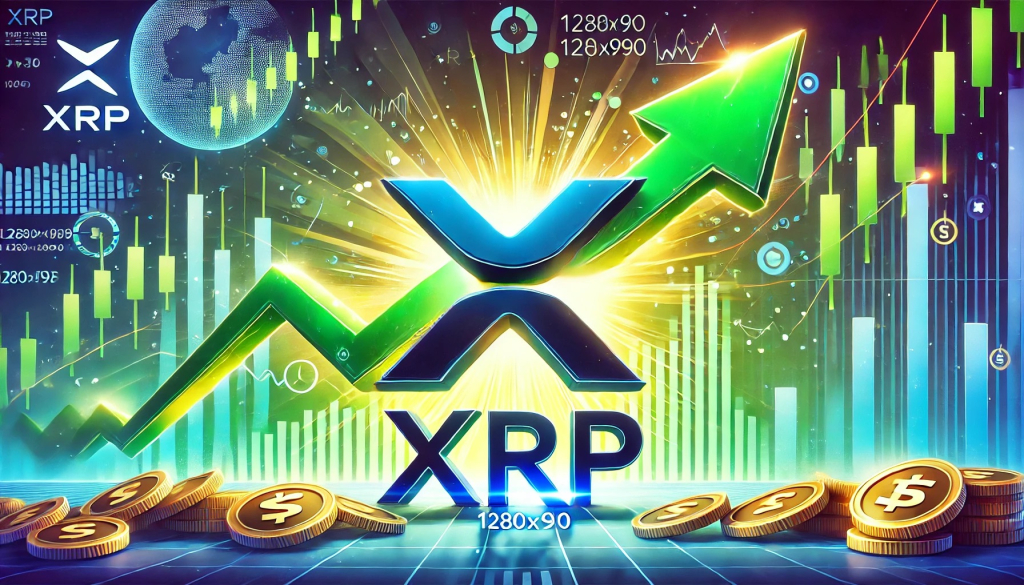

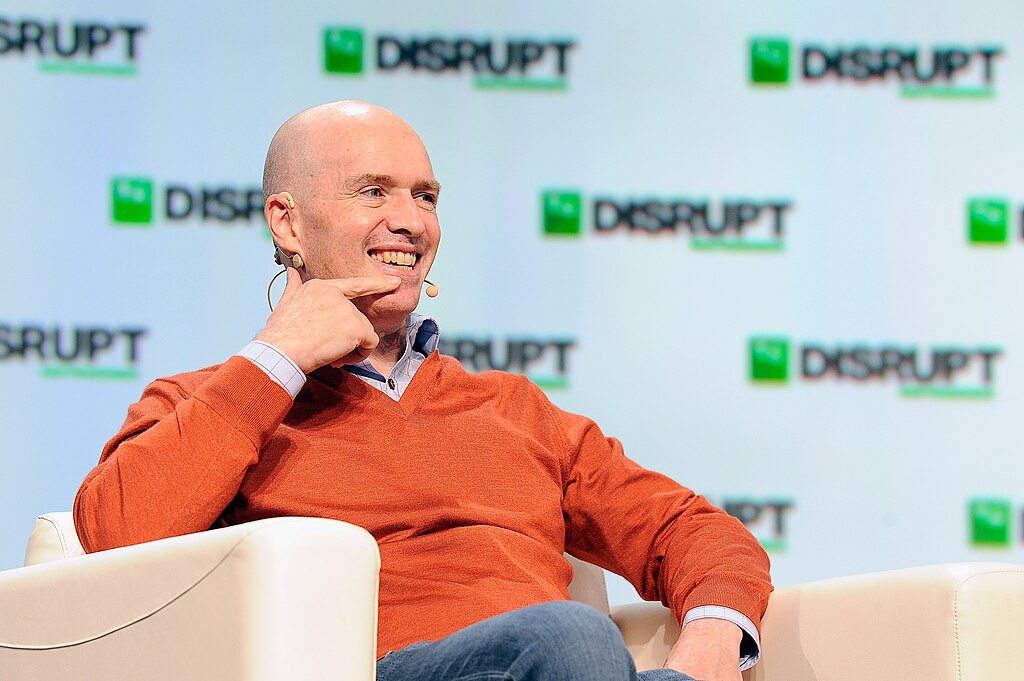








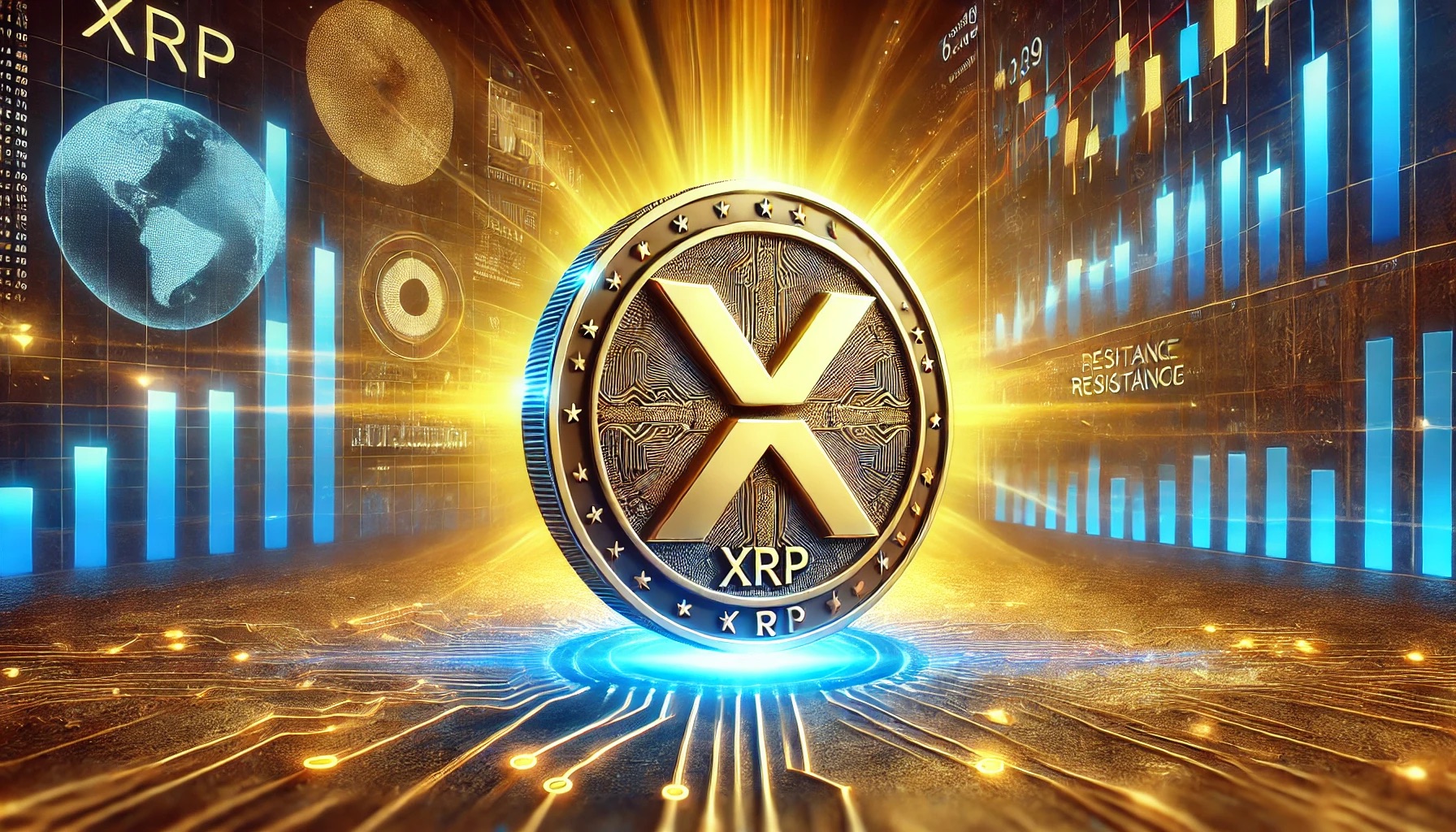



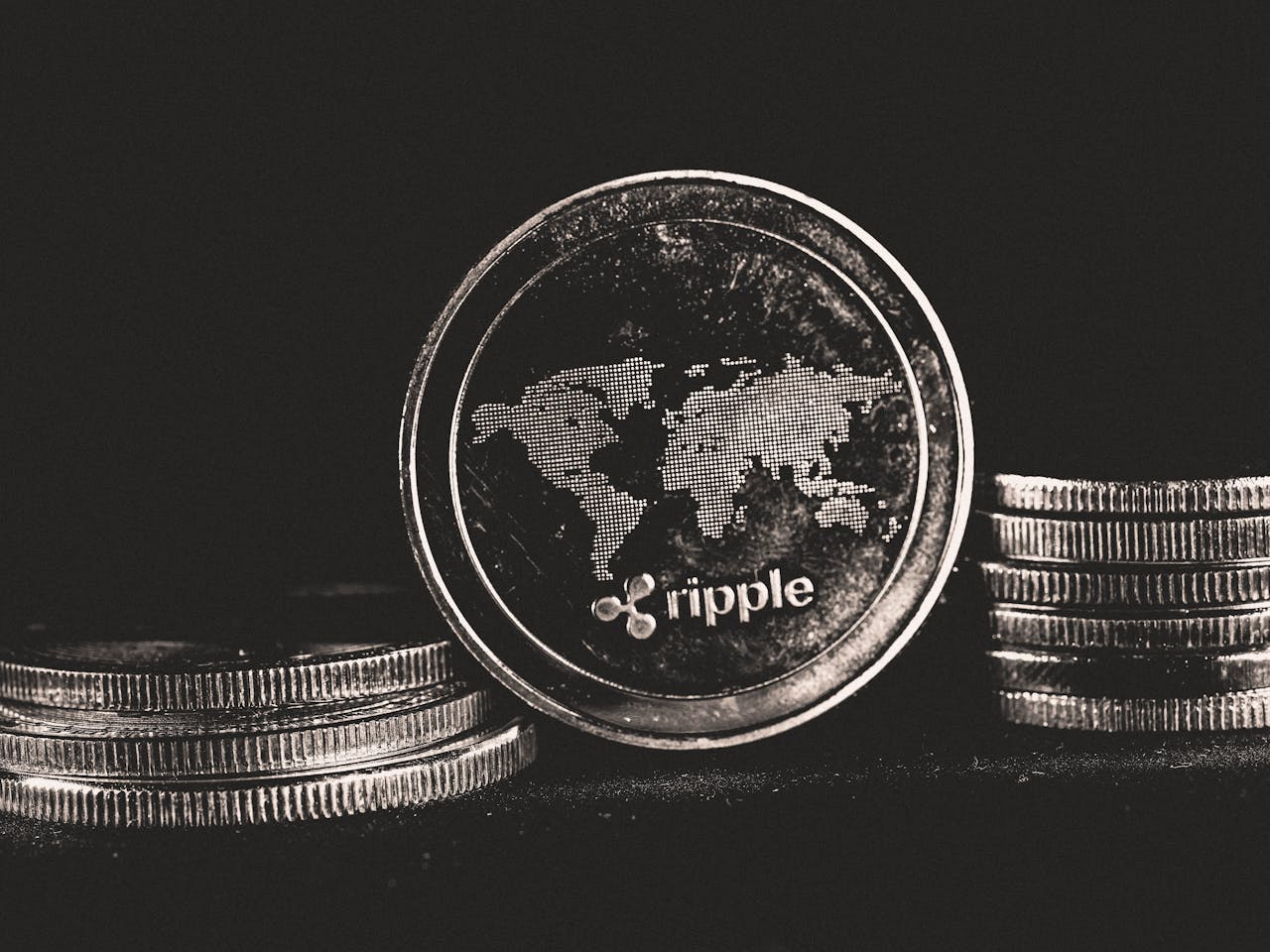
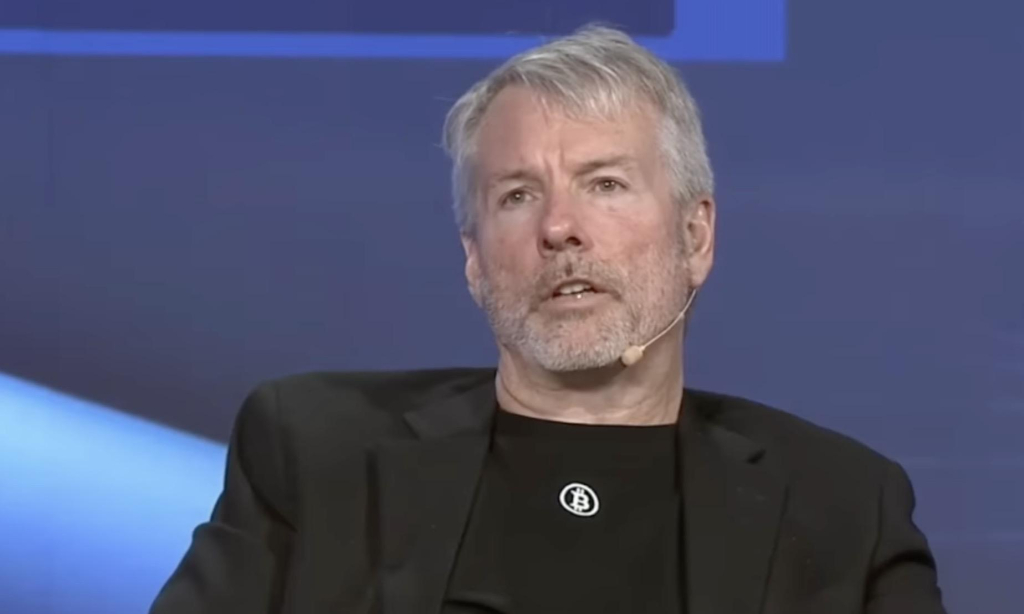
Comment 27